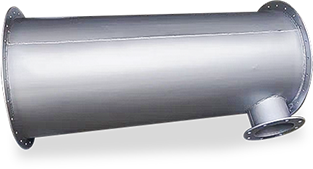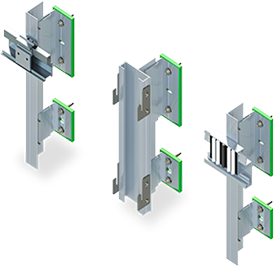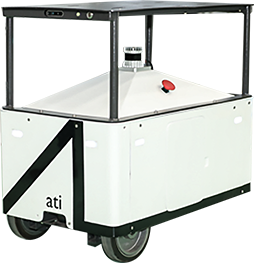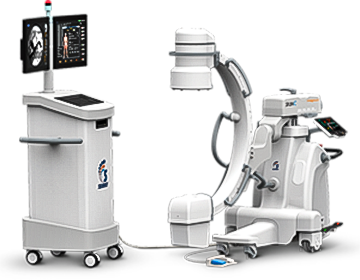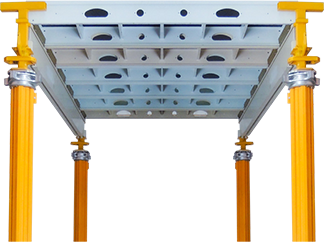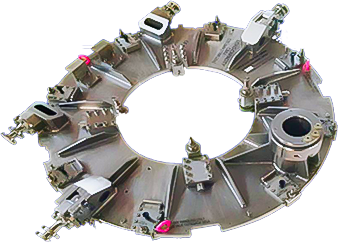Casting Magnesium
Material Description
Magnesium is a lightweight and highly versatile metallic element, with the chemical symbol Mg and atomic number 12. It boasts several noteworthy technical characteristics that make it an indispensable material in various industries. Its low density, approximately 1.74 grams per cubic centimeter, grants magnesium exceptional weight-saving properties, making it ideal for applications where weight reduction is crucial, such as in the aerospace and automotive industries. Moreover, magnesium exhibits excellent thermal conductivity, which allows it to dissipate heat effectively, a feature valuable in manufacturing components for electronics and automotive engines. Its remarkable corrosion resistance is particularly advantageous in marine and aerospace environments, as it ensures durability over extended periods. Additionally, magnesium’s high strength-to-weight ratio is a significant advantage in structural applications, allowing engineers to design lightweight yet robust components.
Furthermore, magnesium’s ease of machining and exceptional casting properties contribute to its widespread use in manufacturing processes. The material is known for its excellent weldability, enabling the fabrication of intricate and custom components. In terms of mechanical properties, magnesium possesses good tensile and compressive strength, making it a valuable choice for components subjected to various loading conditions. However, it can be susceptible to corrosion when exposed to certain environments, necessitating appropriate protective coatings or alloying with other elements to enhance its corrosion resistance. In conclusion, magnesium’s combination of low density, high thermal conductivity, corrosion resistance, and machinability makes it a highly desirable material for a diverse range of technical applications.
Industry Applications
Magnesium castings are crucial in the aerospace and automotive industries for their lightweight and high-strength properties.
Finishing Options
Anodizing, Paint or Powder Coating
| Density | Tensile Yield Strength (MPa) | Fatigue Strength (MPa) | Hardness (Brinell) | Thermal Conductivity (W/m-K) | Coeff. of Thermal Expansion (mm/mdeg) | Electrical Resistivity (micro Ohm-cm) |
|---|---|---|---|---|---|---|
| 1.74 | 90-230 | 50-150 | 50 | 156 | 25.2 | 4.4 x 10^-7 |
Design Recommendation
Magnesium is a lightweight material with excellent strength-to-weight ratios. To design for magnesium casting, focus on uniform wall thickness and draft angles for easy part removal. Due to its low density, magnesium is ideal for applications where weight reduction is critical. Be mindful of potential fire hazards and the need for specialized equipment for magnesium casting.
Cost Saving Tip
Cost-effective magnesium casting hinges on material efficiency and energy conservation. Begin with precise design and simulation to minimize the use of magnesium in components, thereby reducing material costs. Implement advanced gating and riser systems to minimize defects and scrap. For energy efficiency, use energy-efficient melting technologies and insulation. Additionally, adopting magnesium recycling practices can further cut down on material expenses and contribute to sustainability. Proper maintenance and employee training for safe magnesium handling are crucial to enhance productivity and minimize errors.
